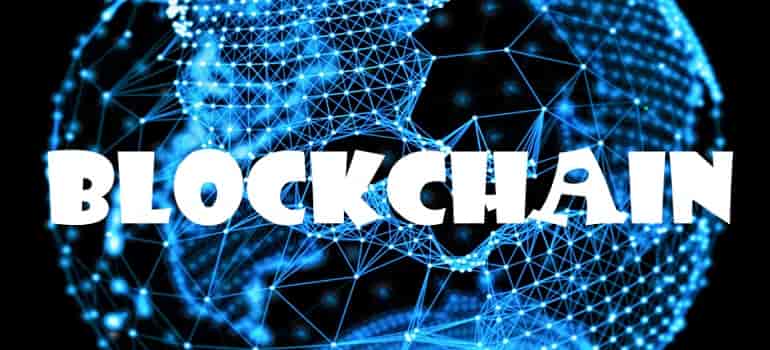 The US renewable energy company Solar Bankers plans to use blockchain technology to develop solutions for off-grid electricity networks with the aim of helping developing countries expand rural electrification.
The US renewable energy company Solar Bankers plans to use blockchain technology to develop solutions for off-grid electricity networks with the aim of helping developing countries expand rural electrification.
The UN has included the provision of clean and affordable electricity as the seventh of its seventeen Sustainable Development Goals. Poverty reduction, the stimulation of local investment, improved child education, and increased participation in the globalising economy through improved communication are major development objectives which, on a basic level, depend on reliable electricity supply.
Rural electrification has become a policy priority for governments in developing countries yet they often face high cost barriers to expanding the central electricity grid due to rough terrain and low population densities. Especially in Africa, population growth is outpacing the expansion of electricity supply.
Alfred Jost, Solar Bankers CEO and Founder, argues that “overcoming these hurdles requires integrated packages of easy-to-use and easily deployable technologies that enable off-grid electricity production and energy self-sufficiency on the household level.” He adds, “We want to provide utilities and governments with a comprehensive package of basic applications containing everything they need to build micro grids in which households can produce and trade energy.”
Households will be supplied with Solar Bankers’ PV devices, which make use of a light-managing nano-structured foil to maximise output, and connected via smart meters.
The system uses the highly scalable and efficient Fiber blockchain platform to create a digital currency system for efficient and secure electricity trading.
The model is currently being tested in a pilot project in Izmir, Turkey, together with the Turkish company Enerclever. It could allow remote areas in developing countries to better participate in the globalising economy in a sustainable way.

